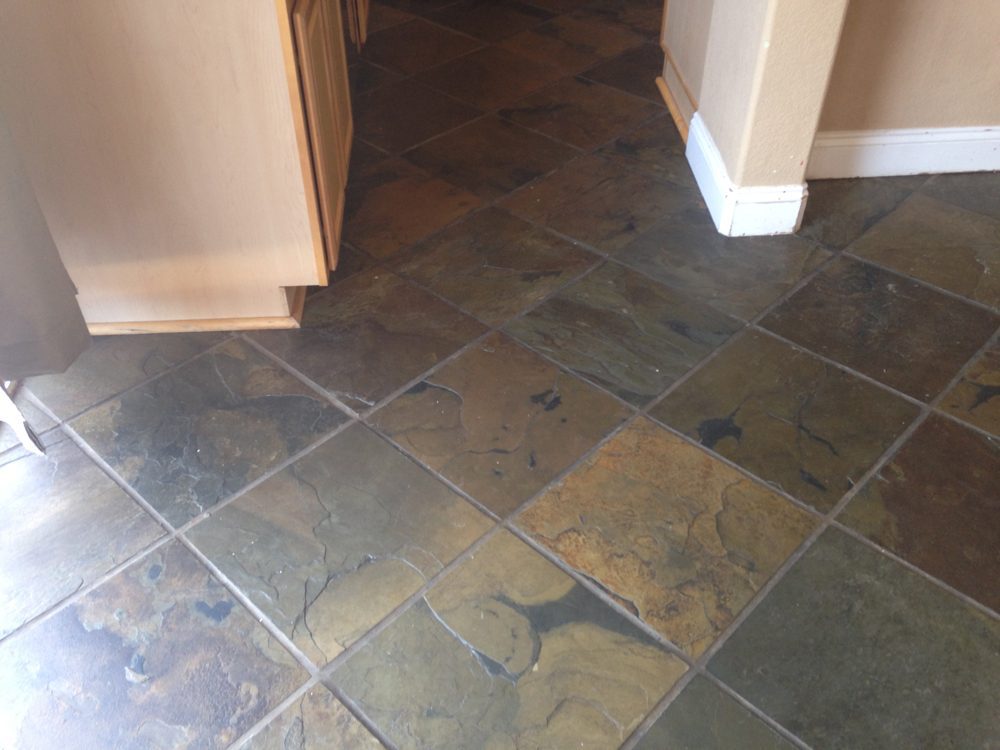

They are a combination of urethane and tough materials such as aluminum oxide. If you choose this coating, expect to re-coat your vinyl flooring every two to 3 years.įor a more premium and durable option, there are blended urethane mediums. These coatings are available in different thicknesses. Retains its finish without buffing or maintenance.
#LUXURY VINYL PLANK FLOORING PICTURES FREE#
It is free form wax, and is made of the same material - vinyl, it blends naturally with the flooring. It adds to the wear-resistant property of vinyl flooring and protects it against scratches, abrasion, and other surface damage. It is actually an external top coating that acts like a shield of protection for the flooring. You can even have custom-printed vinyl flooring. Advanced options offer high-tech digital printing of a vast range of prints that can complement any kind of décor. This is the layer that adds beauty to the strength and durability of vinyl flooring. This one does the job of amplifying and improving the properties of the first glass fiber layer. Individually, it enhances flexibility and strength of vinyl flooring and offers it slight elasticity. Its basic function is to support the overlying and underlying layers and enhance their respective properties.

It is silica-based and offers vinyl flooring its flexibility and strength, and also hardness. It resists passive surface pressure, helps the plank to withstand the rigors of underlying uneven surface, and helps in proper gluing and installation. It is the tough and slightly rigid layer that forms the base. Vinyl flooring has a multi-layered structure for enhanced strength, resilience, and durability. They can be installed almost anywhere in the home except very narrow and very small spaces, where it will be difficult to achieve the symmetry of square tiles. Vinyl tiles are usually square-shaped hence they offer good floor symmetry.Popular designs and finishes include natural hardwood, marble, granite, rocks and stone, and other natural martial finishes, geometric and floral patterns, borders, and other varieties of vinyl sheets. Vinyl tiles are also available as planks.An important point to keep in mind is the evenness of the floor, since you are managing the installation yourself. As a DIY project, vinyl tiles are good for small rooms and spaces such as study, children's bedrooms, attics, bathrooms, libraries, and the like.To install, you simply have to arrange the tiles, then peel off the film and press-stick the tiles to the floor. These tiles have adhesive back with a protective film. As the name suggests, they are the fun, money-saving DIY type of vinyl flooring. These are also called vinyl peel-and-stick tiles.Typical colors and tones to look for are black-grey and black-and-white combinations, grey, white, and wood finishes.

This factor, combined with the variety of designs makes vinyl sheet flooring ideal for porches and living areas, bathrooms, kitchens, and other floors where the floor design will match the other room elements. The glass fiber layers in the structure of vinyl sheets prevent them from cracking or deforming during pre and post-installation stages and make them climatically stable.If you come across vinyl flooring of any other design than natural hardwood, there is a fair chance it will be sheet flooring. The wide selection of colors and tones in each category compound the number of choices.Apart from different hardwood textures, they are also available in geometric, floral, and decorative patterns, borders, natural textures such as rocks and pavers, and other ranges. They have a wider range of designs than planks. These sheets are available in rolled form, usually of six to 12 feet width.
#LUXURY VINYL PLANK FLOORING PICTURES INSTALL#

From khaki oak and Java Hickory to beaufort birch and chiffon cedar, the versatility makes planked vinyl flooring an integral part of tastefully done modern homes. They have a vast range of finishes, colors, and textures.


 0 kommentar(er)
0 kommentar(er)
